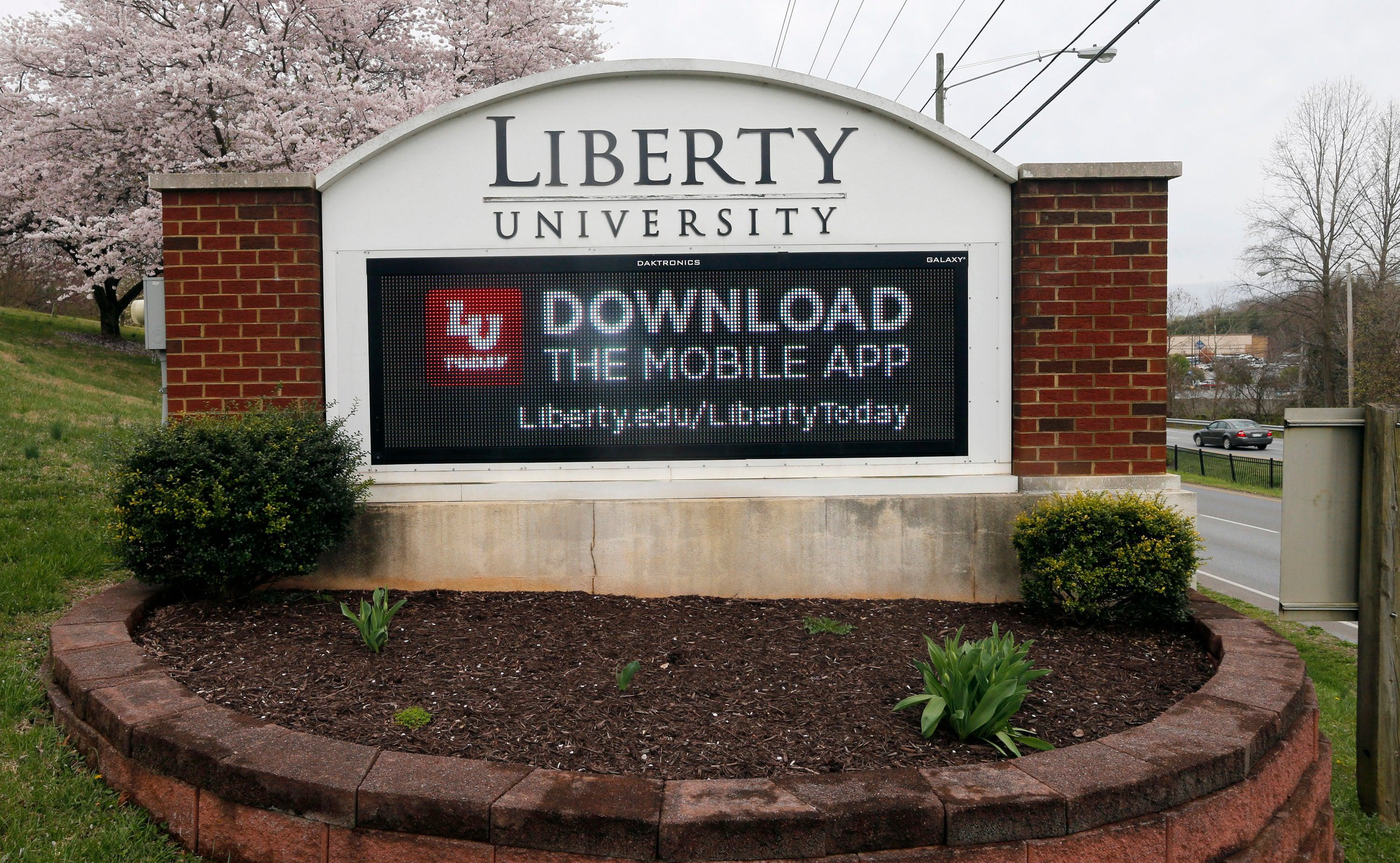Impact of SB17: University of Texas at Arlington Disbands LGBTQ+ Program
January 29, 2024 - Reading time: 3 minutes
.jpg)
The University of Texas at Arlington (UTA) has recently undergone significant changes following the implementation of Senate Bill 17, a new state law banning Diversity, Equity, and Inclusion (DEI) offices at public universities and colleges in Texas. Among these changes, the university quietly disbanded its LGBTQ+ program, leaving students and faculty searching for answers. This article explores the implications of SB17 on UTA and the reactions it has sparked within the university community.
UTA's LGBTQ+ program, which previously provided essential services such as health support, counseling, and a sense of community to LGBTQ+ students, was abruptly dissolved. Students who were part of the program were taken by surprise when they learned about the decision at the last minute.
Prior to the dissolution, university officials had repeatedly assured students and employees that they would find a way to maintain the LGBTQ+ program despite the new law. Various ideas were proposed, including relocating the program under a different department or rebranding it as the "Maverick Pride Initiative." However, as the spring semester began, students were informed that the program was disbanded, leaving many feeling abandoned.
Ryan Hoffman, a UTA pride peer who offered guidance to LGBTQ+ students, expressed his disappointment, saying, "To be quite frank, it feels like (UTA) is abandoning their queer students." Even Hoffman's supervisor was unaware of the program's ending until the last week of classes in December. The campus LGBTQ+ program webpage, which provided resources and event information, is now inaccessible.
In response to students' claims, UTA stated that services would be offered through the newly created Intercultural Student Engagement Center (ISEC). According to Joe Carpenter, chief communications officer at UTA, the ISEC was established to comply with SB17 and would provide support services for the entire student population, including those previously served by the LGBTQIA+ program. Additionally, LGBTQIA-focused student-led groups would offer resources and assistance.
Lack of Transparency
UTA President Jennifer Cowley had previously updated students and faculty on how the school would comply with SB17. However, the email did not mention any changes to LGBTQ+ resources, leading to confusion and frustration among students.
Pride peers, who played a crucial role in the LGBTQ+ program, are now facing restrictions. They can no longer openly promote themselves and are unable to host school events independently. Funding for events must come from external grants. To raise awareness about these changes, pride peers sought support from the campus's Progressive Student Union (PSU).
Student Protests
In response to the abrupt changes, PSU organized a small protest on campus. Michael Anderson, PSU president, expressed his surprise, saying, "This is the first time we heard about this." The protest coincided with a campus activity fair where pride peers were given a script to discuss the changes to the LGBTQ+ program.
The quiet disbandment of UTA's LGBTQ+ program in compliance with SB17 has left students and faculty perplexed and concerned. While the university claims that services will continue through the ISEC, the abruptness of the decision and the lack of transparency have raised questions about the university's commitment to its LGBTQ+ community. As the UTA community navigates these changes, it remains to be seen how the impact of SB17 will evolve and whether it will lead to a more inclusive and supportive campus environment for all students.

Darren Stephenson
Darren Stephenson writing spans a wide range of topics, from in-depth political analysis to human interest stories. His unique perspective and engaging narrative style have earned him a loyal readership. Darren's commitment to journalistic integrity and his ability to connect with readers make him a standout voice in modern journalism.




